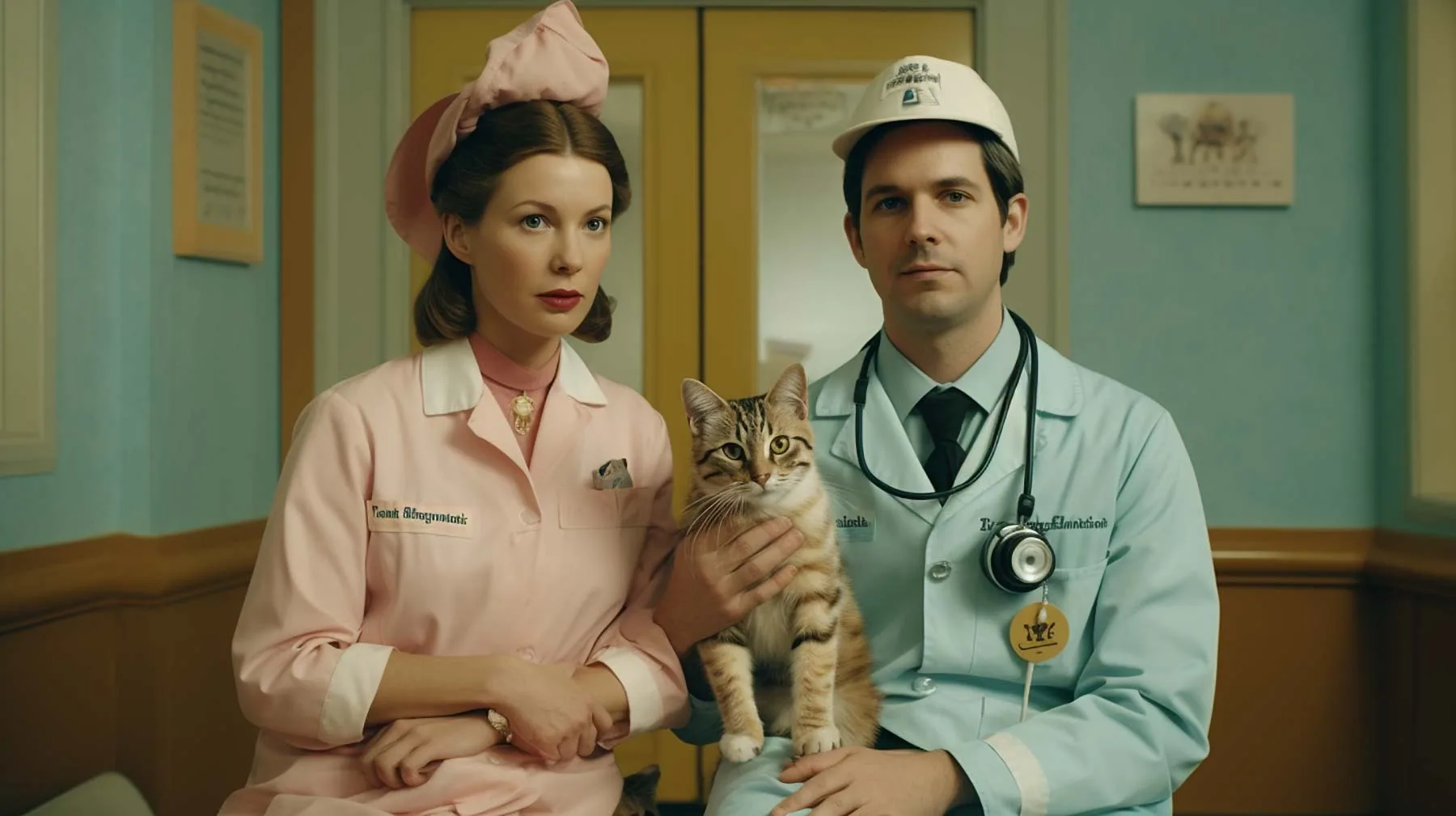As cat lovers, we all want our furry friends to live long and healthy lives. One of the best ways to ensure your cat stays in tip-top shape is through preventative care. Preventative care for cats involves a combination of regular checkups, vaccinations, and parasite control. By staying on top of these things, you can help your cat avoid health problems and catch any issues early on. Let’s explore each of these aspects of preventative care in more detail.
Regular Checkups
One of the most important things you can do for your cat’s health is to schedule regular checkups with your veterinarian. Your vet can check for any underlying health issues that may not be immediately apparent, such as dental problems, heart disease, or kidney issues. Regular checkups are essential for maintaining your cat’s health and preventing any underlying health issues.
What’s happening during a medical examination?
During a checkup, your veterinarian will typically conduct a thorough physical exam, including checking your cat’s eyes, ears, teeth, and coat. They may also take your cat’s temperature, listen to its heart and lungs, and feel its abdomen. Your vet may recommend additional tests, such as blood work or urinalysis, to check for any underlying health issues. Regular checkups also give you the opportunity to discuss any concerns you may have with your vet and receive advice on how to best care for your cat’s health. By scheduling regular checkups with your veterinarian, you can help ensure that your cat stays healthy and happy for years to come.
Core and Non-Core Vaccinations
Vaccinations are another critical aspect of preventative care for cats. Core vaccinations protect against serious and potentially fatal diseases such as rabies, feline distemper, and feline herpes virus. Non-core vaccinations are recommended based on your cat’s lifestyle and risk of exposure to certain diseases. For example, cats who spend time outdoors may need vaccinations for the feline leukemia virus (FeLV) or Bordetella.
It’s important to keep your cat up-to-date on its vaccinations to ensure it stays protected against these diseases. Your veterinarian can advise you on which vaccinations your cat needs and when it should receive them.
Parasite Control
Lastly, maintaining a consistent parasite control regimen is crucial for your cat’s health. Parasites such as fleas, ticks, and worms can cause a variety of health issues, including anemia, diarrhea, and even death in severe cases. Your veterinarian can recommend the best parasite prevention products for your cat, based on its lifestyle and risk of exposure.
In addition to using preventative products, it’s also important to check your cat regularly for signs of parasites. Symptoms of a parasitic infestation may include itching, scratching, and skin irritation. If you notice any of these signs, contact your veterinarian immediately.
Conclusion
Preventative care is essential for keeping your cat healthy and happy. Regular checkups, vaccinations, and parasite control are all critical aspects of a preventative care regimen. By staying on top of these things, you can help ensure your cat lives a long, healthy life. Remember to schedule regular checkups with your veterinarian, keep your cat up-to-date on its vaccinations, and maintain a consistent parasite prevention regimen. Your cat will love you for it!
Do you know anyone who could benefit from this information? Make sure to share this article with them!








